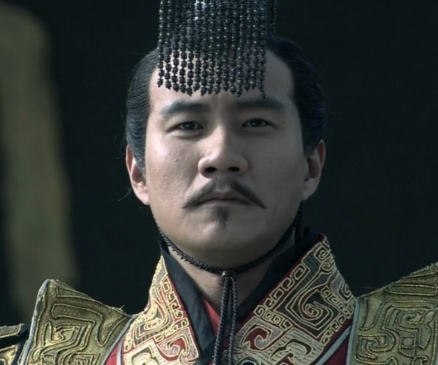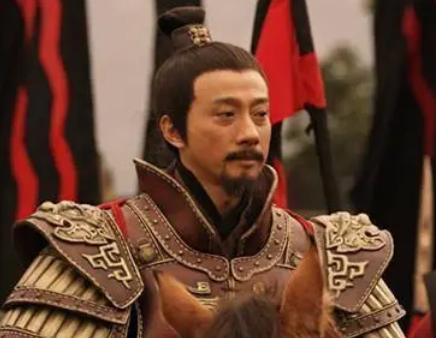In the ancient history of China, the establishment of official positions and the division of responsibilities played a crucial role in maintaining the national governance system. Among them, the Grand Commander and the Prime Minister, as two important official positions, each played a key role in different fields. This article will delve into the status and responsibilities of the Grand Commander and the Prime Minister.

I. The Status and Responsibilities of the Grand Commander
The Grand Commander was a high-ranking military official in ancient China, usually appointed by the emperor personally. As the supreme commander of the army, the Grand Commander was responsible for commanding the nation's military, formulating strategic plans, and deploying troops. In some periods, the Grand Commander might also serve concurrently as a local administrative official, integrating military and administrative powers.
II. The Status and Responsibilities of the Prime Minister
The Prime Minister was one of the highest administrative officials in ancient China, equivalent to the modern Prime Minister. The Prime Minister was primarily responsible for the administrative management of the country, including personnel appointments and removals, policy formulation, and foreign affairs. As an important advisor to the emperor, the Prime Minister held a pivotal position in national political life.
III. Comparison of the Status of the Grand Commander and the Prime Minister
From the perspective of responsibilities, the Grand Commander primarily focused on military affairs, while the Prime Minister was involved in a broader range of administrative matters. Therefore, in the national governance system, the status of the Prime Minister was often more elevated. However, during wartime or military coups, the Grand Commander might gain more actual power and influence.
IV. Conclusion
Both the Grand Commander and the Prime Minister were important official positions in ancient China, each playing a crucial role in different fields. Although the Prime Minister had a higher status in terms of responsibilities, the Grand Commander could also wield significant power and influence under specific historical backgrounds. By analyzing the status and responsibilities of these two official positions, we can gain a deeper understanding of the ancient Chinese model of national governance and the evolution of the official system.
Disclaimer: The above content is sourced from the internet and the copyright belongs to the original author. If there is any infringement of your original copyright, please inform us and we will delete the relevant content as soon as possible.































